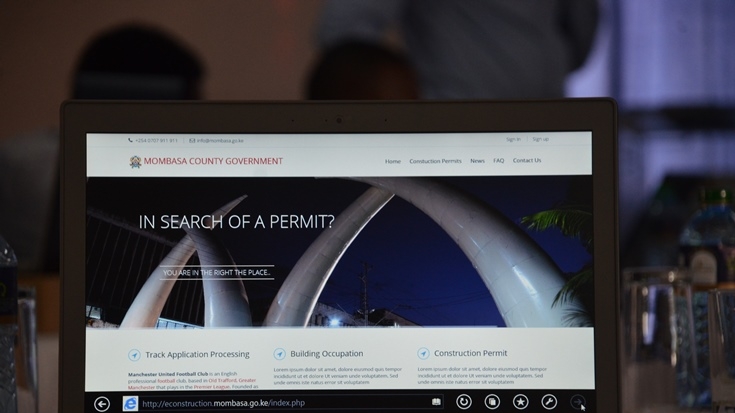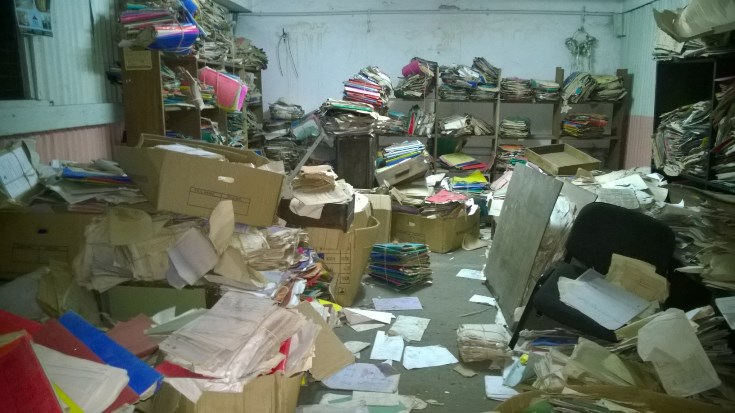Irfan Hobaya, an architect based in Kenya’s Mombasa County knows only too well the burden of submitting an application for a construction permit. To apply he has to physically go to the county’s Planning and Development Department, carrying in hand all the building plans and documents, before following up on the progress of his application using an agent or a middleman. “The process is lengthened when documents submitted go missing, and tracing them becomes an ordeal,” says Hobaya.
World Bank Group is helping to improve this.
With the support of the Kenya Investment Climate Program 2, a three-year program financed by UK Aid and the Dutch government, Mombasa County launched an electronic construction permits system in early March 2015. The program team collaborated with the county to design, develop, test, and deploy the online system.
The automated construction permit system will reduce the time needed to review applications and ease the burden on county officers. Previously, the lengthy and complex process often created a backlog. Now, reviewers can simultaneously assess and comment on applications, reducing the time to issue a permit from between at most 20 days to a maximum of three days. The automated system will also enable higher volumes of issued construction permits from the present monthly average of 80 without increasing human resources.
The new electronic system eliminates physical documents and archives all building proposals submitted, working in an entirely paperless manner. It will streamline and make the process of reviewing submissions more transparent as applicants will be able to monitor the status of their application in real time, through a web and SMS-based tracking and notification system. This system also has the potential to ring-fence building permit fees that are a critical revenue stream for the county.
Lastly, the electronic system is expected to increase compliance in the industry through simpler processes, more efficient monitoring and enforcement and proper record of inspections, ultimately enhancing public safety.
“The County of Mombasa is experiencing rapid urbanization and construction projects are increasing in number all around the county,” said H.E. Hassan Joho, Governor of Mombasa County. “The launch of the e-construction permit therefore comes at a critical time for the county. Citizens are demanding for fast, efficient and transparent public services. The e-construction permit will enable us to not only deliver on our mandates but also significantly improve the county’s business environment.”
For Manuel Moses, IFC’s Head for the East Africa region, “automating construction permits will lead to an improved investment climate at the counties by easing the burdens on business such as logistics and unexpected costs through middlemen or liaison officers. This will help businesses to conduct their operations more simply, lead to cost savings and enable them to grow.” He also stated that the electronic system will create an enabling business environment that will attract more investors to Mombasa County.


